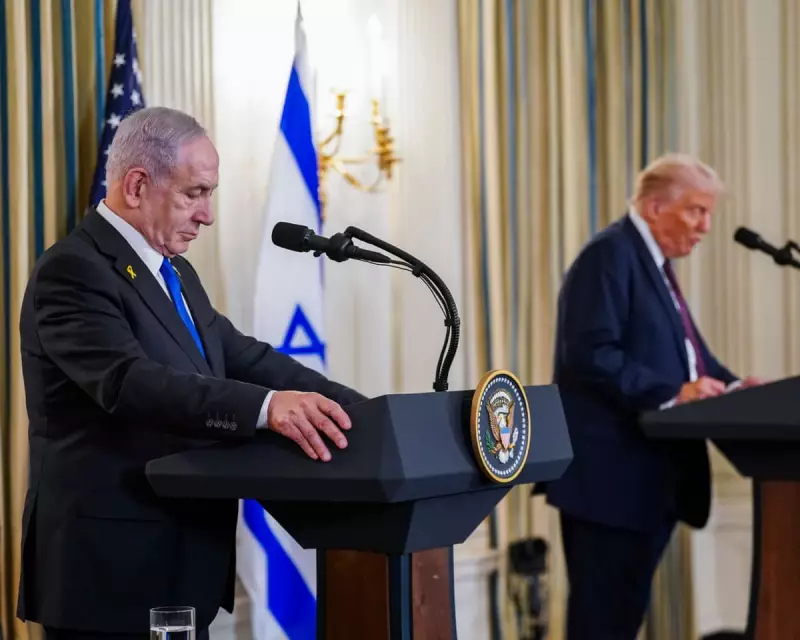
In a dramatic diplomatic push, the United States has presented what officials are calling the most comprehensive peace framework yet to resolve the devastating Israel-Gaza conflict. The proposal comes as fighting intensifies, with both sides facing mounting international pressure to reach a settlement.
A Three-Pronged Approach to Peace
The American plan, developed through months of shuttle diplomacy, rests on three fundamental pillars:
- Immediate humanitarian ceasefire with robust monitoring mechanisms
- Unprecedented security guarantees for Israel alongside Palestinian sovereignty pathways
- Massive international reconstruction fund for Gaza's devastated infrastructure
Diplomatic Momentum Builds Amid Escalating Violence
Senior US officials have been crisscrossing the region, meeting with Israeli leadership, Palestinian representatives, and key Arab states. The timing appears strategic, with both Israel and Hamas facing growing domestic and international pressure to end the bloodshed that has claimed thousands of lives and displaced over a million people.
"This represents our most serious effort to break the cycle of violence," a senior State Department official revealed under condition of anonymity. "We believe the conditions, while fragile, may be ripe for a breakthrough."
Security Concerns and Sovereignty Questions
The proposed framework addresses Israel's paramount security concerns while offering Palestinians a credible path toward self-determination. Key elements include:
- International peacekeeping forces along Gaza's borders
- Demilitarisation of Palestinian territories with sophisticated monitoring
- Gradual transfer of administrative control to reformed Palestinian institutions
- Normalisation of relations between Israel and Arab nations
The Reconstruction Challenge
Perhaps the most ambitious aspect involves rebuilding Gaza, where entire neighbourhoods lie in ruins and basic services have collapsed. The US plan envisions a multi-billion dollar international effort, potentially funded by Gulf states, European partners, and international financial institutions.
Critical infrastructure priorities include:
- Restoration of water, electricity, and medical facilities
- Rebuilding of homes, schools, and commercial districts
- Establishment of economic development zones to combat unemployment
As diplomats work feverishly behind the scenes, the coming days will prove crucial. Both sides have expressed cautious interest in the proposal, though significant obstacles remain. The international community watches anxiously, hoping this latest initiative might finally bring peace to a region weary of conflict.





